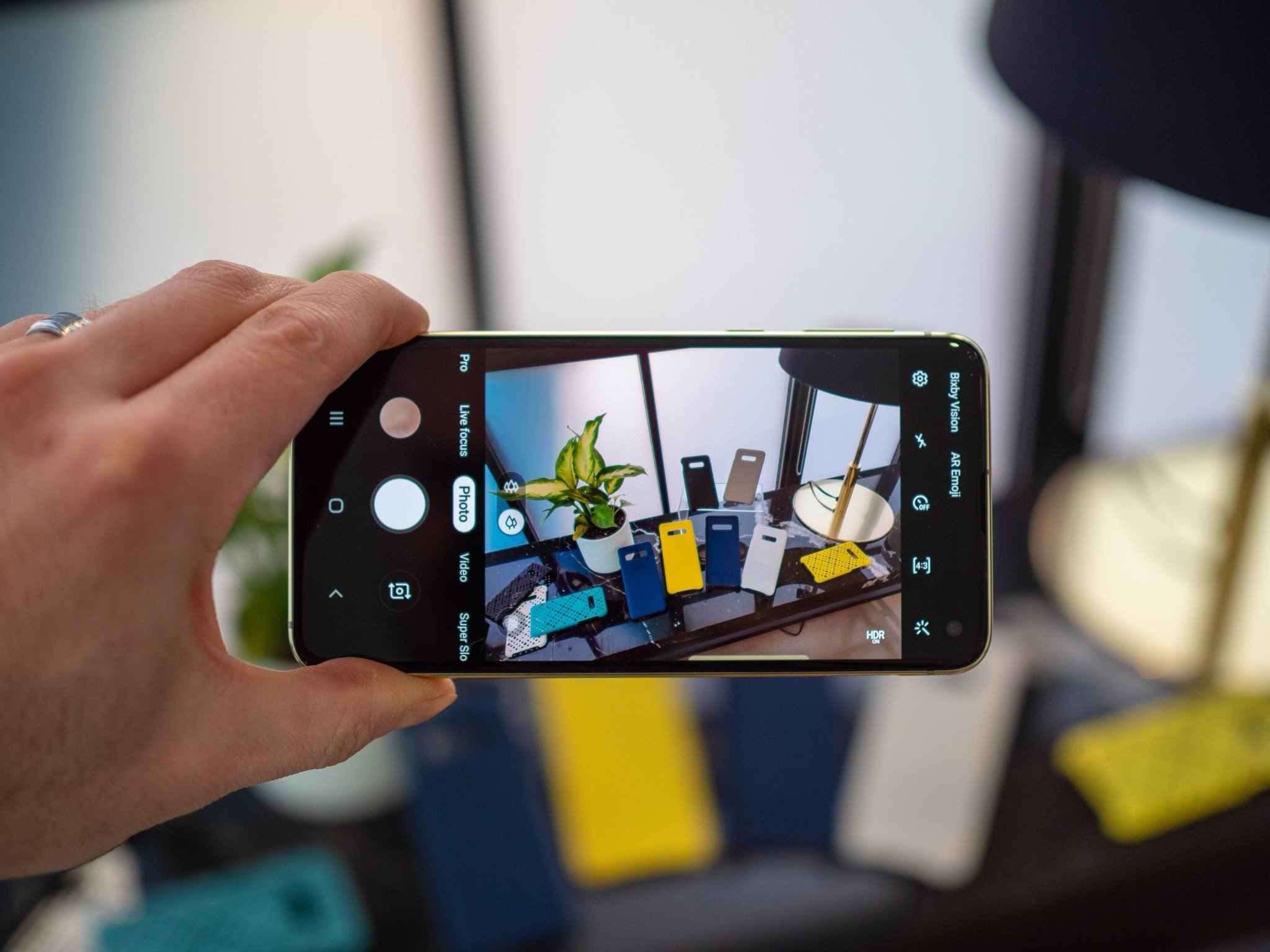A taste of things to come.
The Galaxy S10 and S10+ each have three rear cameras that provide different focal lengths and opportunities for creative visual styles. The biggest change to the setup is the addition of an ultra-wide lens, which offers a 123-degree field of view for incredible landscape, creative portraits, and everything in between.
Samsung's also promising improved image quality all-around, including better low-light results, a bevy of new fun options Live Focus, and improved scene recognition for more accurate colors and exposure values in particular situations.
Of course, the proof is often what you need, and before we dive into a full review, I thought I'd share a few of the photos Android Central (me and Andrew Martonik) and TechnoBuffalo (Nirave Gondhia) have taken over the past few days with the Galaxy S10+ walking around San Francisco, New York, and Barcelona.
We'll let the results speak for themselves, but it's clear that low-light photography has been improved somewhat over the Galaxy S10 series, while daytime photos remain and vivid and sharp as ever. And though the ultrawide-angle lens does introduce a fair amount of distortion in the corners, it's tons of fun to use, and that's all that really matters.
Daytime photos
During the day, the Galaxy S10 is as good as any other camera — incredibly clear, sharp images with plenty of dynamic range, vivid colors, and lots of detail. It's also really good at getting close to subjects, making the best of a Foodstagram scenario.
Wide-angle
The Galaxy S10's 16MP wide-angle camera has a fixed-focus lens with a 123-degree field of view. In other words, it's about as wide as you can go without things turning into fisheye, and it's so much fun to experiment and shoot with. Yes, other phones have had this feature before, but it's new on the Galaxy S10, which means that millions of people who haven't used LG phones for the past few years, or didn't get a chance to pick up the Huawei Mate 20 Pro, will have an opportunity to take these kinds of interesting shots.
Low-light shots
I think everyone is hoping for making improvements to low-light photos with the Galaxy S10 series, and while it's clear the phones can take decent low-light shots, they're not quite near Pixel 3 levels, even without that phone's Night Sight mode turned on. Samsung claims to have a setting called "Bright Night" that, like Night Sight, fuses a bunch of photos together to improve low-light performance, but it's not currently working in our review units.
Here's a comparison of the Galaxy S10 next to the Pixel 3 on Auto and the Pixel 3 with Night Sight.
Galaxy S10+ (left) | Pixel 3 auto (middle) | Pixel 3 Night Sight (right)
Final thoughts
We're just getting started shooting photos with the Galaxy S10, but from our initial tests, the main camera is pretty much unchanged from the S9, which wasn't a huge upgrade from the S8. And while Samsung's certainly getting better at computational photography, with far settings for pre-determined scenes, the output, especially in low light, still lags behind the market leaders like the Pixel 3 and Huawei Mate 20 Pro.
Keep in mind that we're not using final software and that Samsung can and probably will make some changes to the camera processing through firmware updates, so we'll reserve our final judgement until the review, which is coming very soon.























Tidak ada komentar:
Posting Komentar